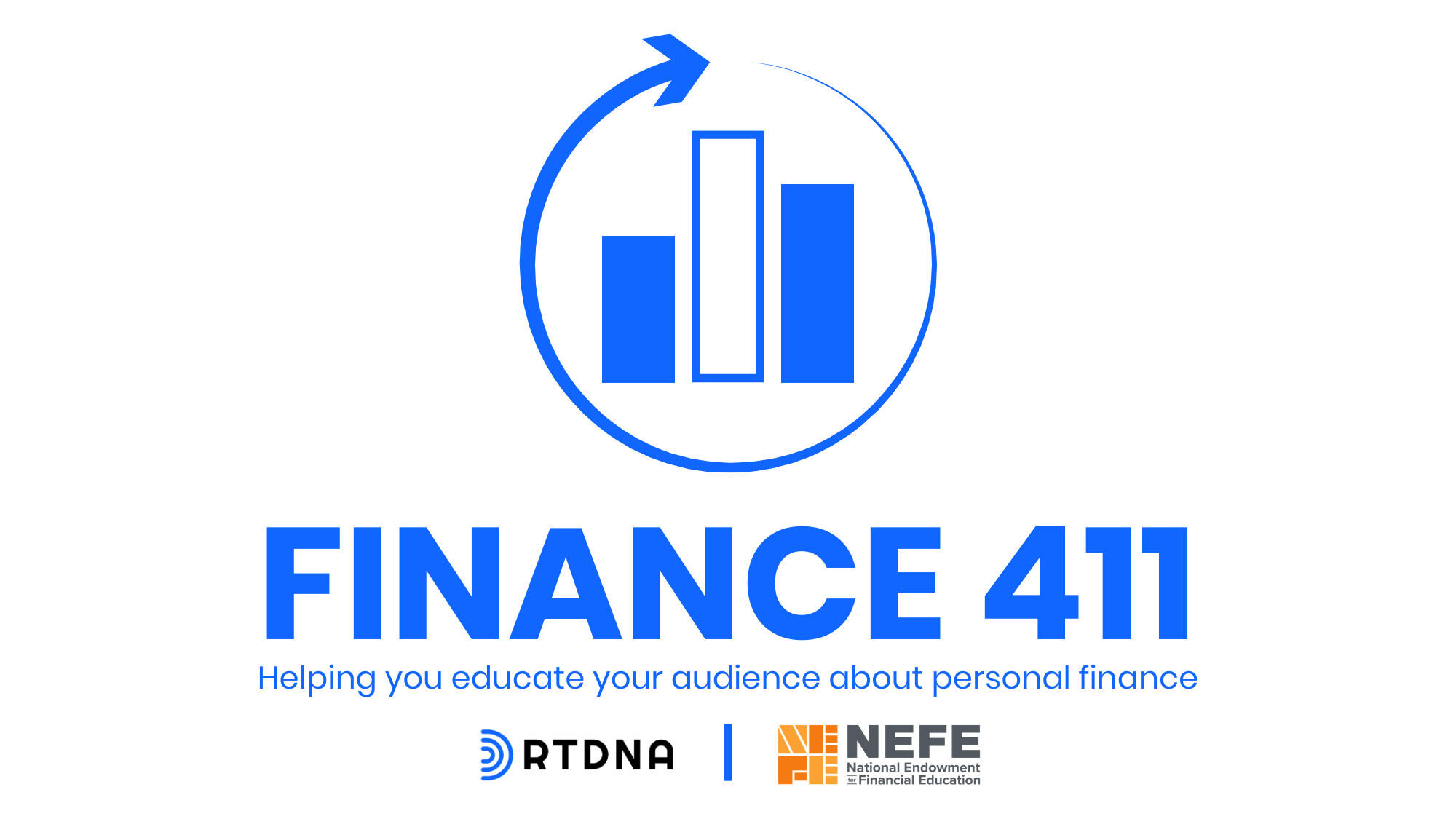Money Matters: Are students learning about personal finance?
 Trial-and-error. A parent’s good (or bad) example. A high school course. That’s not something I ever talked about.
Trial-and-error. A parent’s good (or bad) example. A high school course. That’s not something I ever talked about.
What answers do you think you’d get if you did a man-on-the-street asking people where they learned about managing money?
That answer may be changing in some states. Bills under consideration in South Carolina and Rhode Island would require personal finance education be added to the curriculum for all high school students.
Does your state’s curriculum requirements include personal finance education? If so, what have the impacts been on financial outcomes for high school graduates? If not, do any schools include finance units? What other avenues are available for students to learn about managing money?
One could be the High School Personal Finance program offered by the National Endowment for Financial Education (which also sponsors this weekly story idea feature).
And what about new professionals who may still need to get a finance education? Are there local community college or community center courses available for those at the start of their earning years?
For example, an Arizona nonprofit is offering young professionals the opportunity to qualify for a $1,000 IRA distribution for completing a three-month personal finance education course and two years of financial advising (offered for free).
Whatever resources are available in your community, it could be interesting and valuable to examine what’s available – or lacking.
Weekly Money Matters personal finance content for your newsroom is sponsored by the National Endowment for Financial Education.
